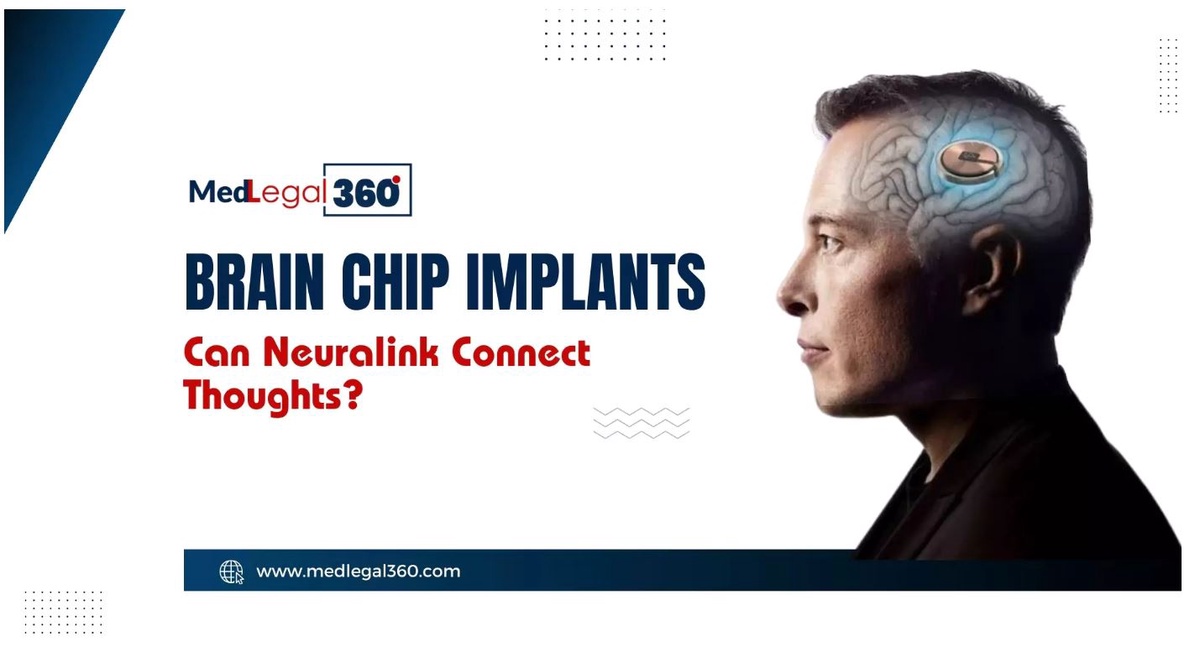In the ever-accelerating race between technological innovation and ethical consideration, Neuralink's recent announcement of a successful human brain chip implant represents a pivotal moment. Elon Musk's venture into the realm of brain-computer interfaces (BCIs) has turned what was once speculative fiction into palpable reality. Neuralink, founded in 2016, focuses on brain-machine interfaces, receiving FDA approval for human testing in 2020 and launching clinical trials in 2023.
The brain chip implant, described as a Fitbit-sized device with tiny wires, aims to decode neural signals for controlling computers or mobile devices. Neuralink's technology involves inserting flexible threads into the cerebral cortex, equipped with electrodes for detecting neural activity.
Neuralink's brain chip holds significant promise in potentially aiding paralyzed individuals to regain mobility and addressing various neurological ailments. The technology aims to create a direct interface between the human brain and external devices, fostering potential advancements in medical applications. However, ethical concerns, as indicated by the federal investigation into animal-welfare violations, emphasize the importance of balancing innovation with ethical considerations in the development process.
As we stand on the brink of this new frontier, public sentiment, as captured in a Pew Research Center survey from 2021, offers a nuanced perspective on the societal implications of such advancements.
The Pew survey reveals a society grappling with the potential impacts of brain chip technology. A majority of Americans (56%) perceive the widespread adoption of cognitive-enhancing brain chips as detrimental to society. This skepticism underscores a broader apprehension towards technologies that promise to enhance human capabilities beyond their natural limits.
Despite this overarching caution, the survey uncovers a more receptive attitude towards the application of brain chips for medical and therapeutic purposes. A significant 77% of respondents support the use of BCIs to restore mobility to those with paralysis, and 64% see value in their application for combating age-related mental decline. This acceptance reflects a collective empathy towards using groundbreaking technologies to alleviate human suffering and improve quality of life.
The public's mixed reactions, as illuminated by the Pew survey, serve as a crucial reminder of the need for a balanced approach to innovation—one that harmonizes the quest for technological advancement with the imperatives of human dignity, privacy, and the ethical use of technology.
In this endeavor, engaging with and addressing the public's concerns will be paramount in ensuring that the future of brain chip technology unfolds in a manner that benefits all of humanity.


No comments yet